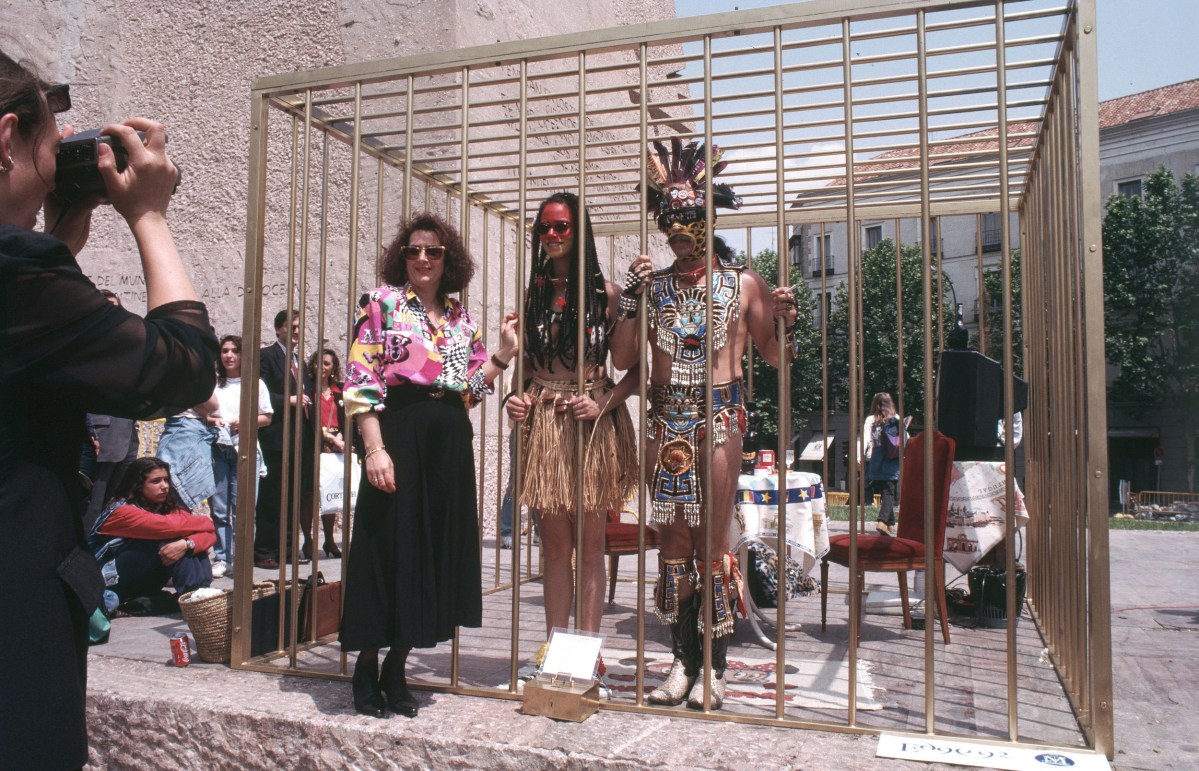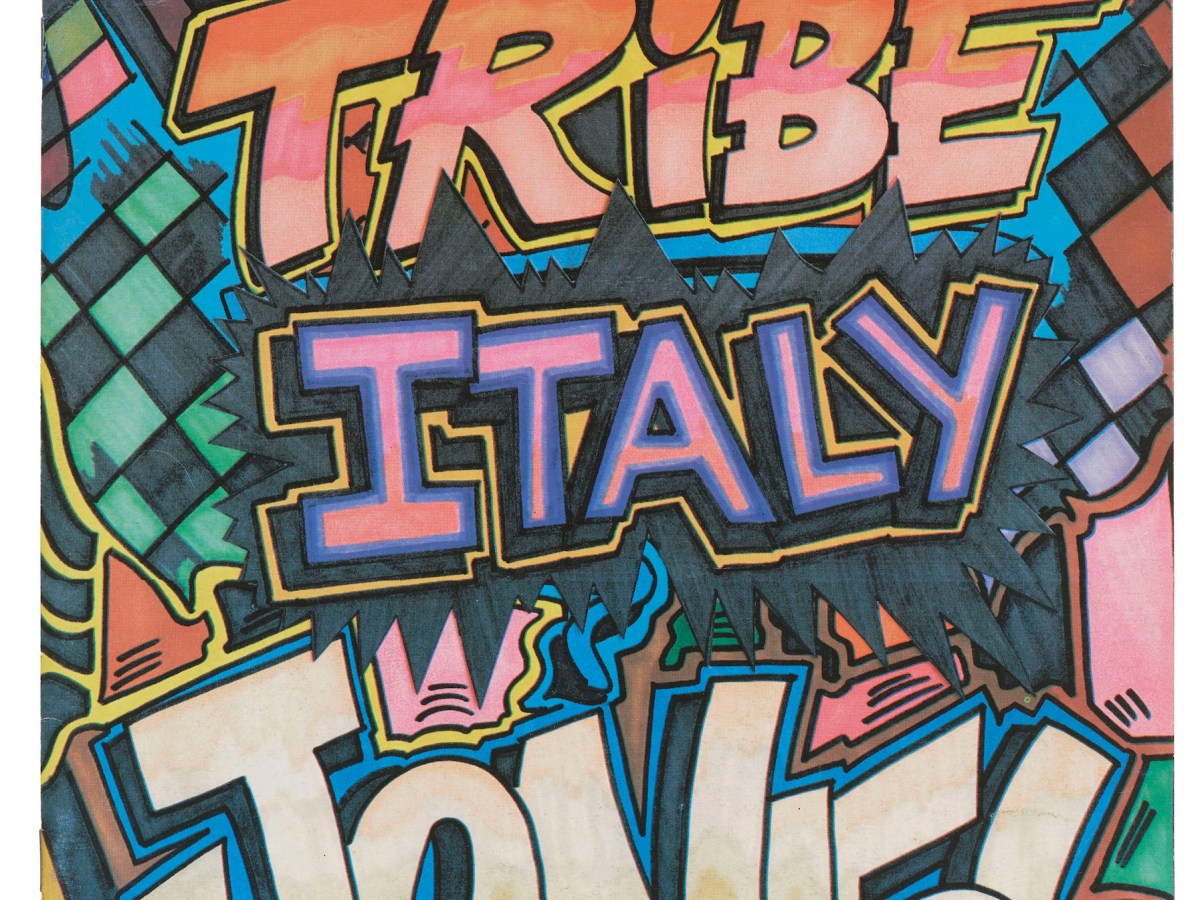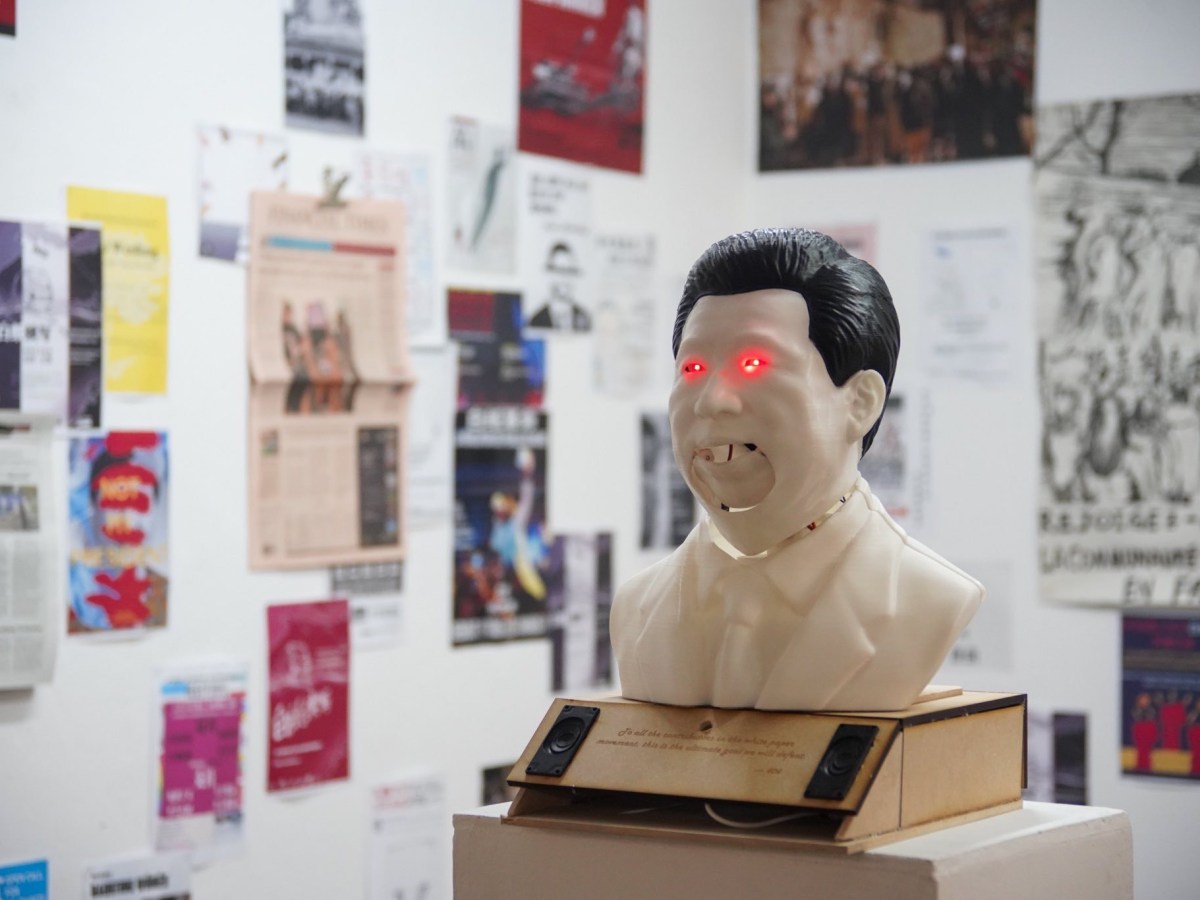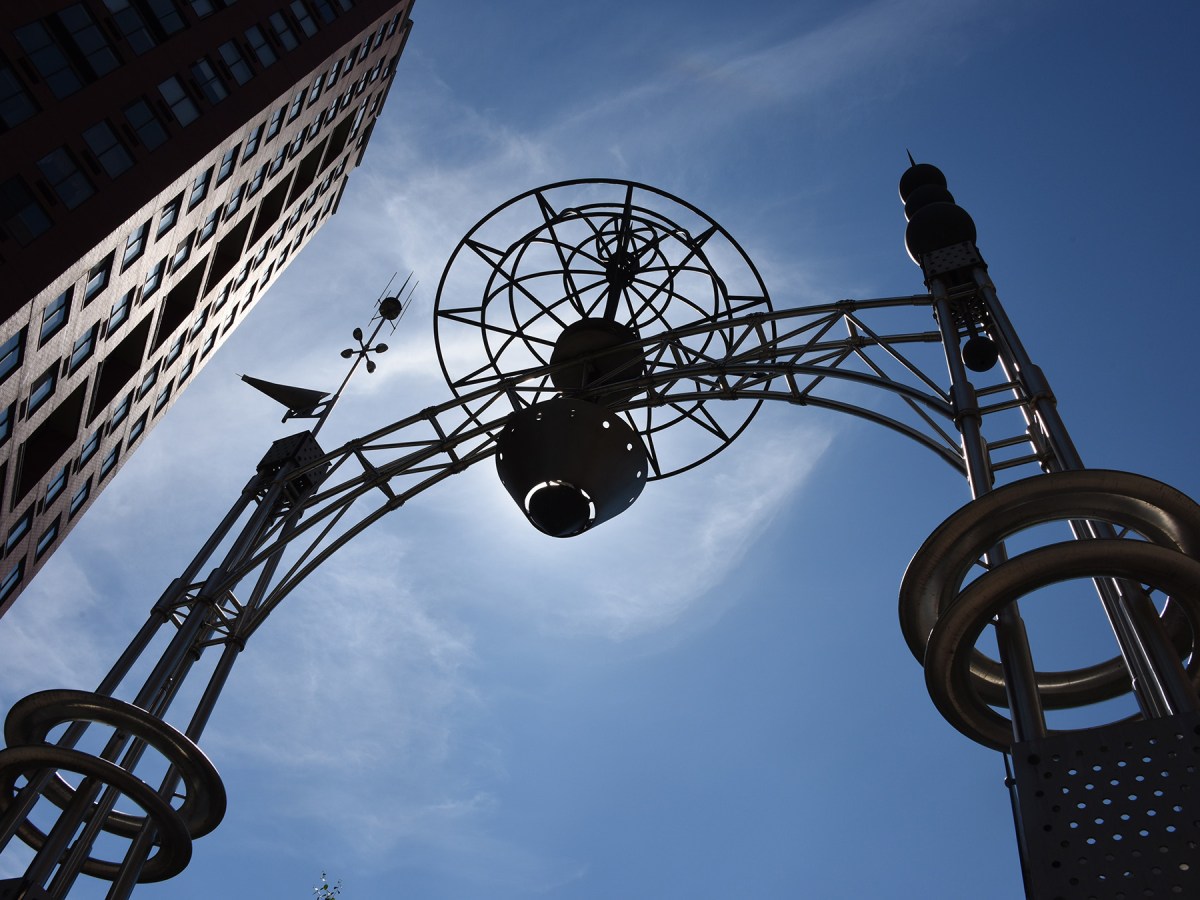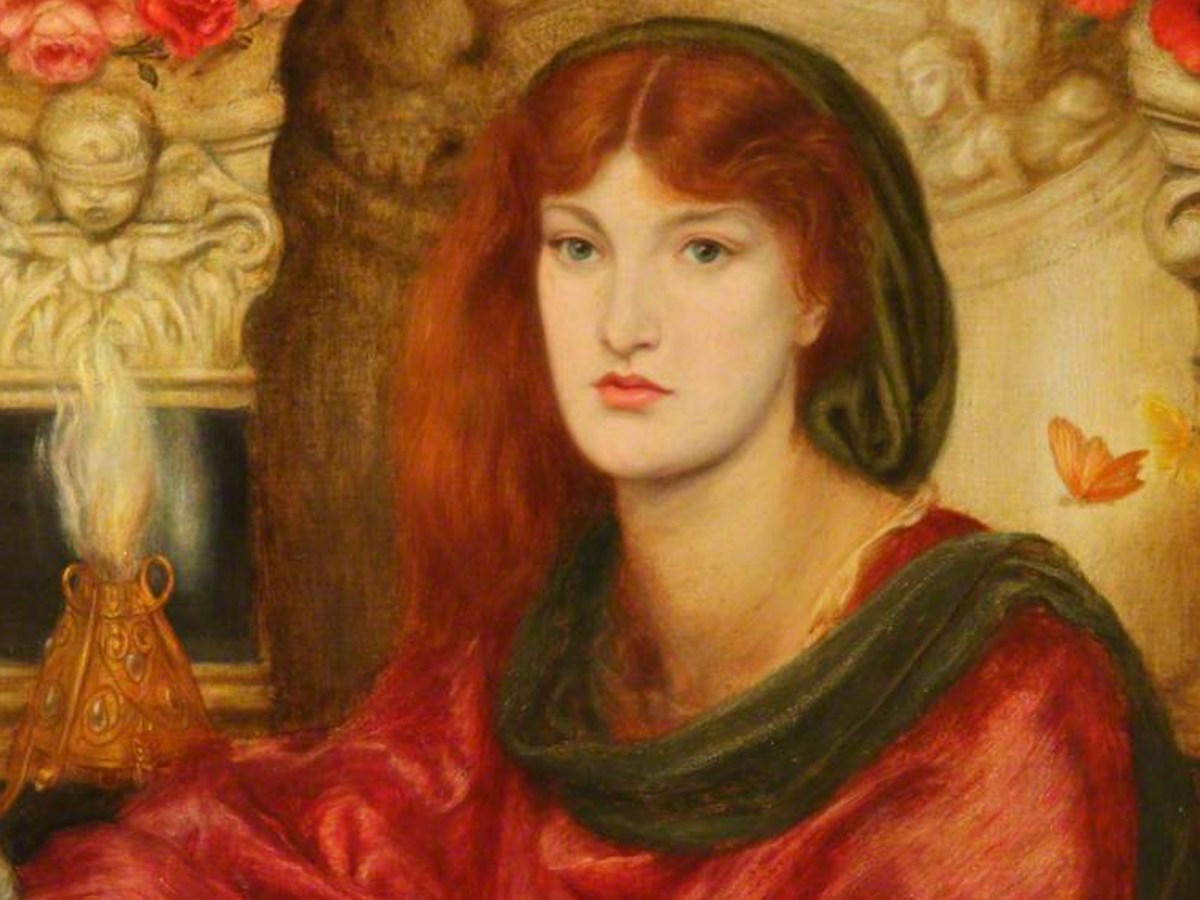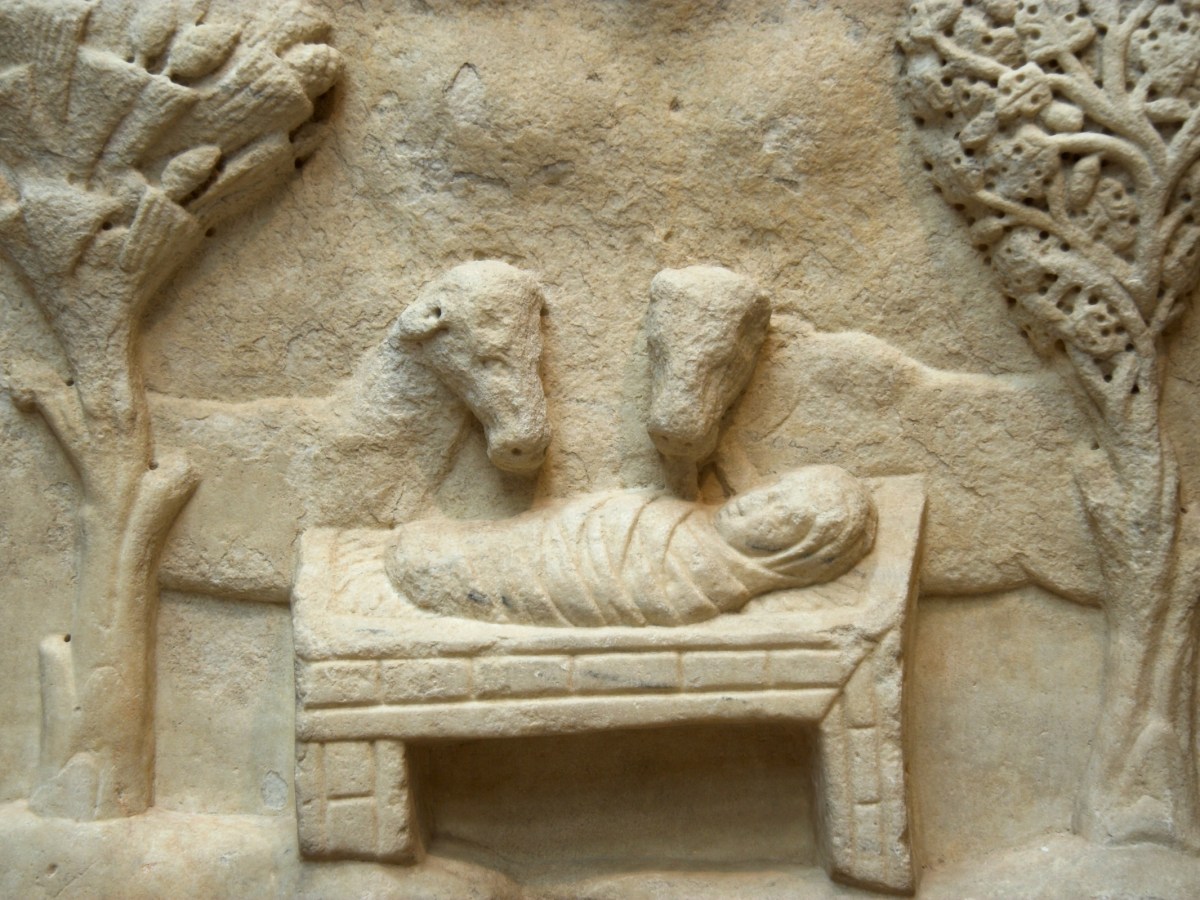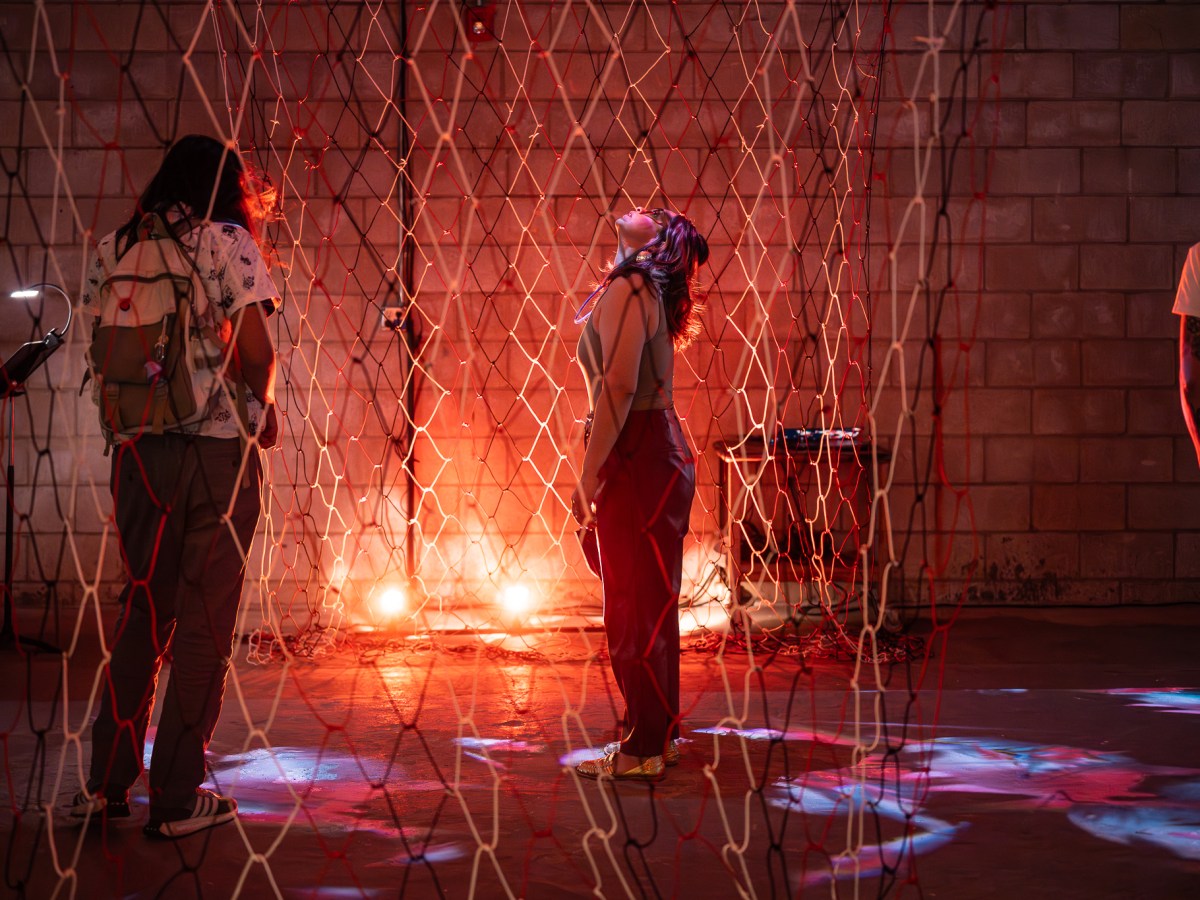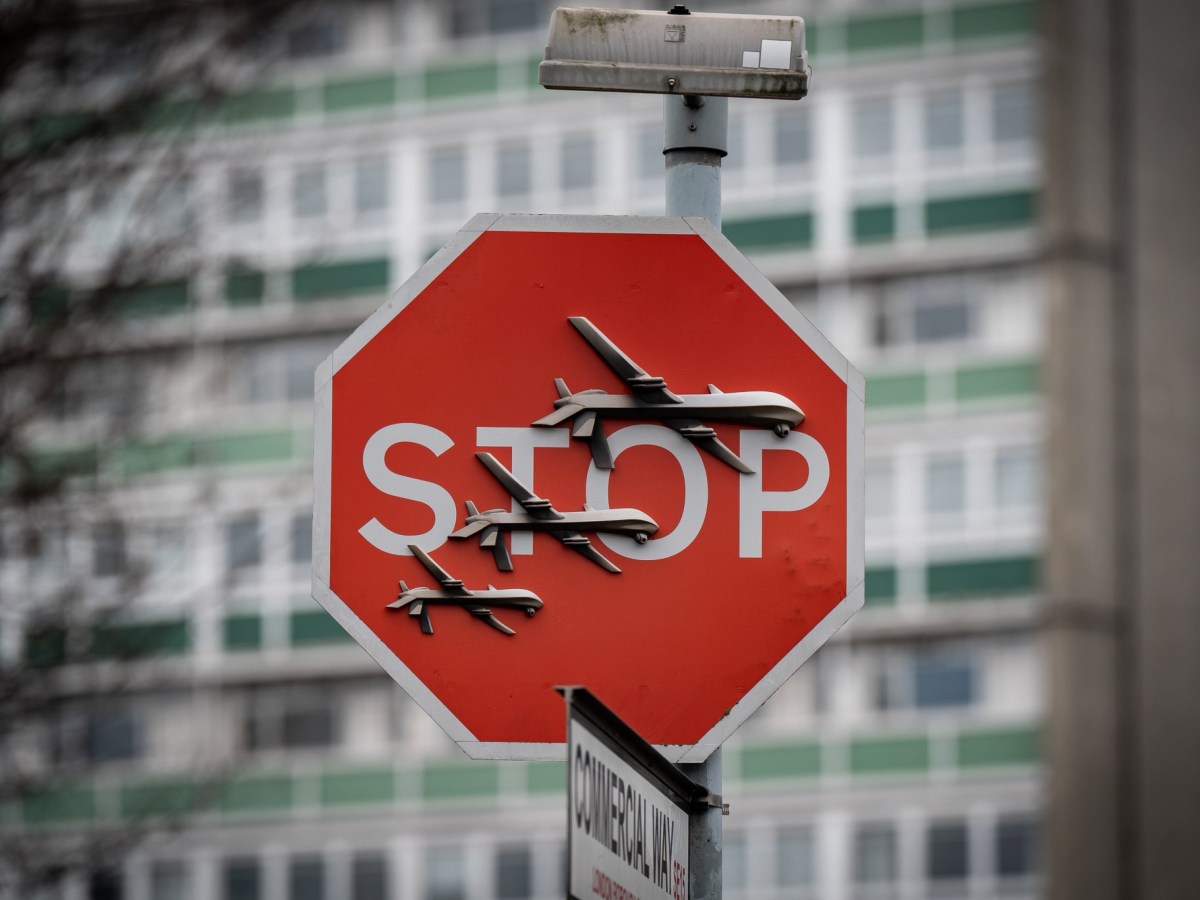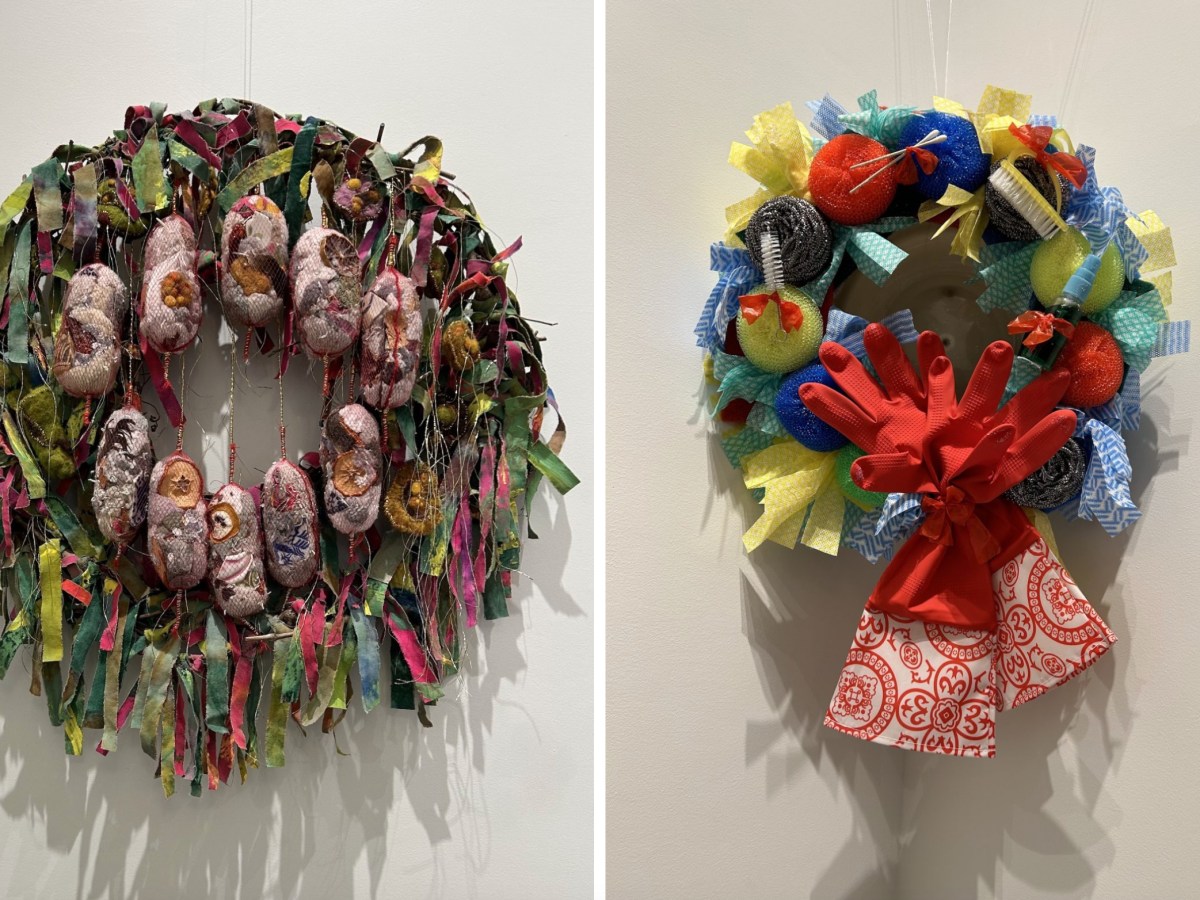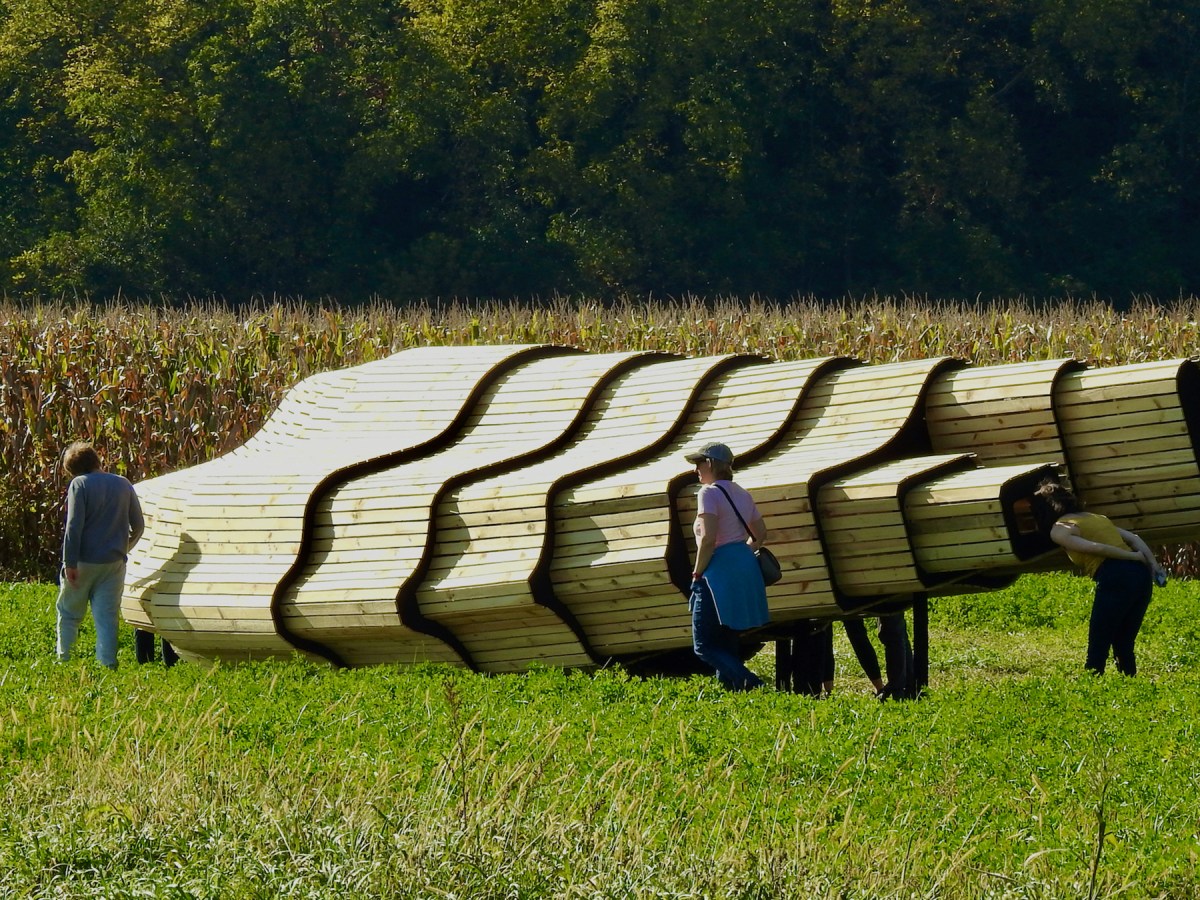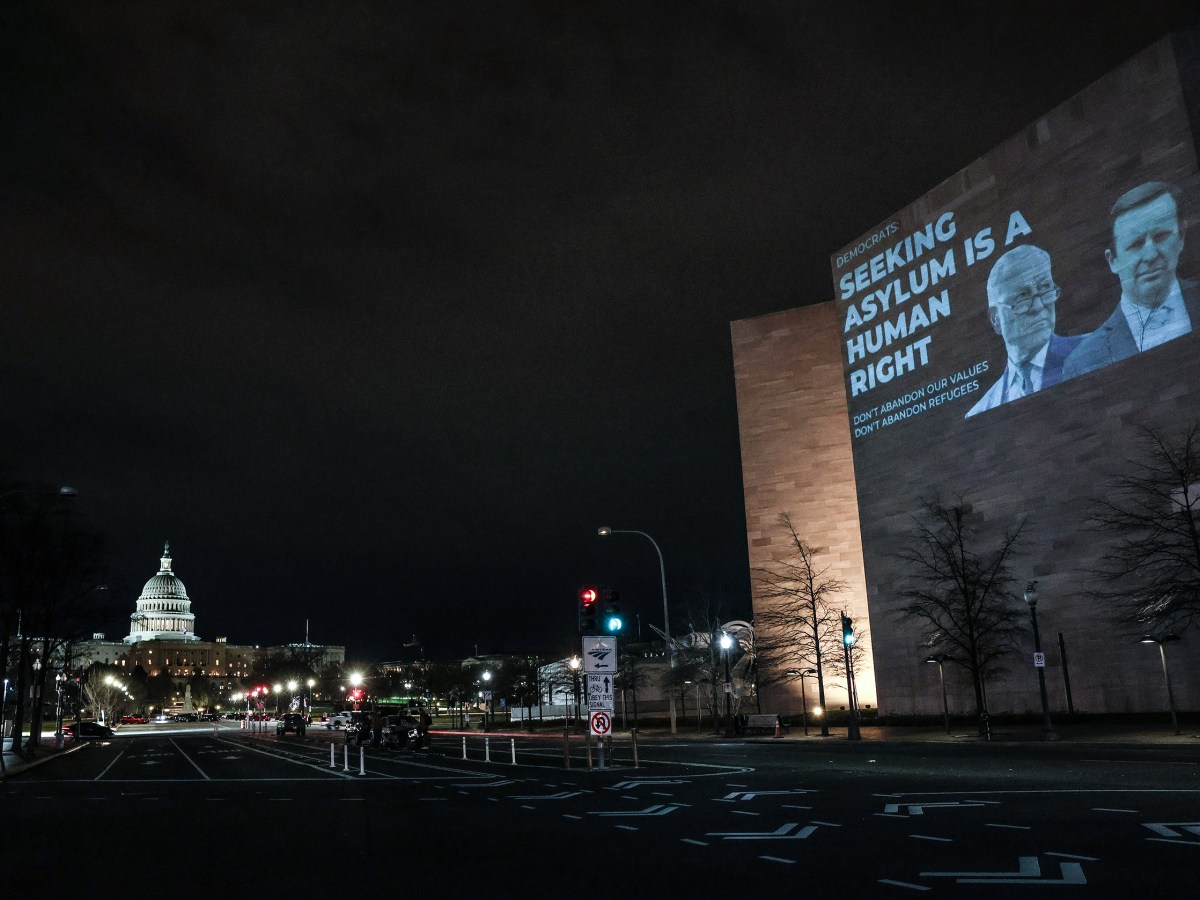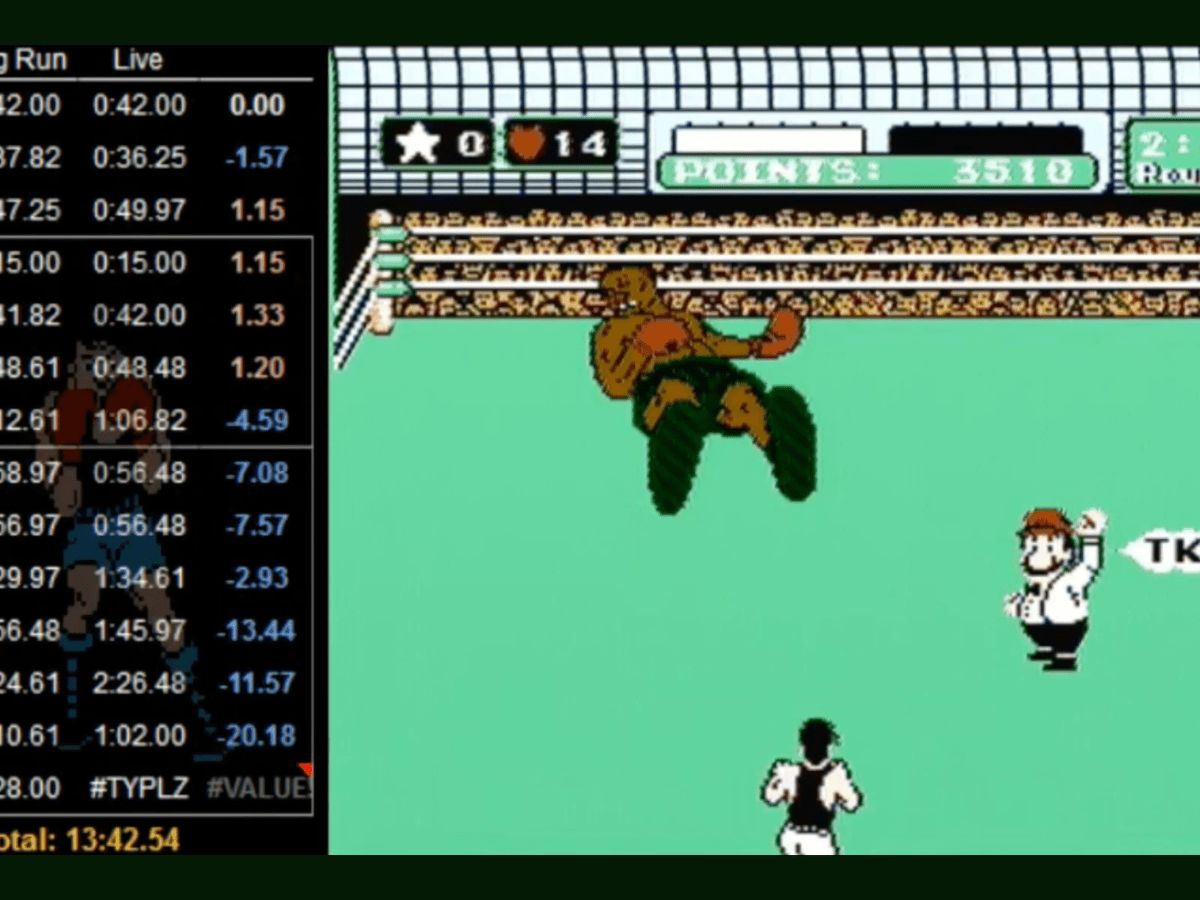BERLIN — Coco Fusco’s first career survey, Tomorrow, I Will Become an Island, at KW Institute for Contemporary Art, offers a rare opportunity to trace the development of this essential American artist, whose performances, videos, extensive writing, and curatorial work have often revolved around issues of race, identity, marginality, and power. Fusco traces her own emergence on the art scene in the 1990s, in the book The Bodies That Were Not Hours (Routledge, 2001), at a time when, as she describes it, the identity-based political art of the previous decade was suffering a backlash, in favor of more generalized notions of aesthetic beauty. By contrast, Fusco has often commingled the highly political content of her work with a style and strategy that ranged from provocative to meditative to elaborately discursive. Throughout, she’s been concerned with how, as she notes in the book, “symbolic visibility is no guarantee of political power,” passionately arguing for lasting changes, both in the art world and in US society.
Power, its structures, and its imbalances, are Fusco’s enduring themes. KW’s chronological exhibition begins with her performances from the 1990s on the ground floor, moving into the early 2000s to the present day in the basement exhibition space. Primarily videos, these latter works include the lyrical single-channel “Your Eyes Will Be an Empty Word” (2021), which debuted in the 2022 Whitney Biennial. For the piece, Fusco rowed around the Hart Island penitentiary, where the bodies of unidentified COVID-19 victims had been buried — a moving meditation on invisibility, fear of an unknown “other,” and mortality. The section also presents videos in which Fusco reflects on the intertwining of Marxist ideology, politics, and art in her mother’s native Cuba. (She was born in New York City in 1960, the year that her mother fled Cuba, after Castro’s takeover in 1959.) Particularly evocative here are the four videos dedicated to Cuban poets banned and arrested by Castro’s regime, such as Heberto Padilla, to whom Fusco dedicates “The Confession” (2015), presenting archival materials documenting his exile.
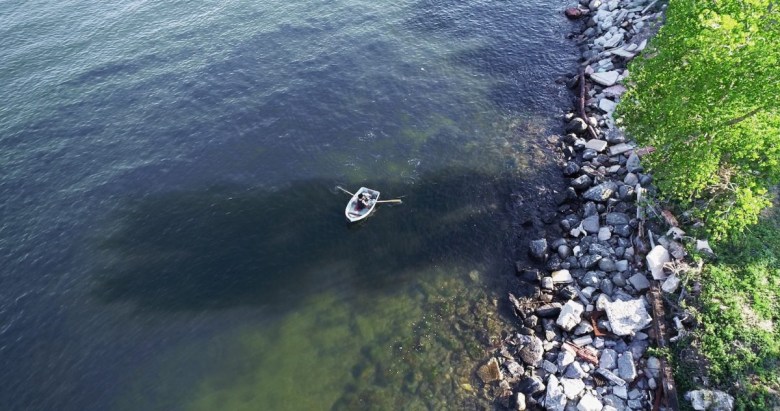
KW opens with what is perhaps Fusco’s best-known performance, “Two Undiscovered Amerindians Visit the West” (1992–94), a collaboration with artist Guillermo Gómez-Peña, here documented in a large color photograph and a video. For the work, Fusco and Gómez-Peña wore replicas of Indigenous clothing, painted their faces in red or covered them with feathered masks, and installed themselves in a cage in various art institutions and in the streets. The reactions from audiences registered in the video of the two artists enacting racist stereotypes varied from fascination to shock.
The racialized female body as a political entity is the underlying subject of the exhibition. “Dolores from 10 to 10h” (2002), a video in the form of a surveillance tape, records a performance that Fusco staged in collaboration with Ricardo Dominguez, in which a Mexican woman is intimidated and held hostage by her male, American employer, and pressured to resign. Another work, “a/k/a Mrs/ George Gilbert” (2004), reenacts the hunt for activist Angela Davis in 1970, partly from the viewpoint of FBI agents. The video plays alongside Sightings (2004), a photographic series of enlarged filmstrips from a spy camera, showing Black women under surveillance (during the hunt for Davis, numerous Black women were racially stereotyped and wrongly apprehended). Repeatedly, Fusco interrogates how the racist fantasies of women’s bodies are weaponized against them.
For one of her most ambitious projects, resulting in a book, A Field Guide for Female Interrogators (2008), a video, and a series of illustrations, Fusco invited women to participate in a workshop led by former army personnel, to examine the roles that women played in the US military apparatus of torture, not only using stress positions, noise, and food deprivation, but also intimidating nonwestern prisoners, exploiting cultural phobias: one illustration, for instance, depicts a woman interrogator shirtless, wearing only a bra, exposing herself to a man trying to cover his eyes; another shows her scratching the man’s face, leaving bloody marks, while shirtless and exposing her underwear. Here, as through the entire show, the artist’s analytically rigorous art frames power as a dynamic construct, laying bare the many mechanisms through which subjugated bodies are stripped of their agency. Fusco’s ability to delve into the multiple layers of this issue, with a breadth of tools and a wide variety of texturally rich, imaginatively deployed materials, continues to give her art its staying power.
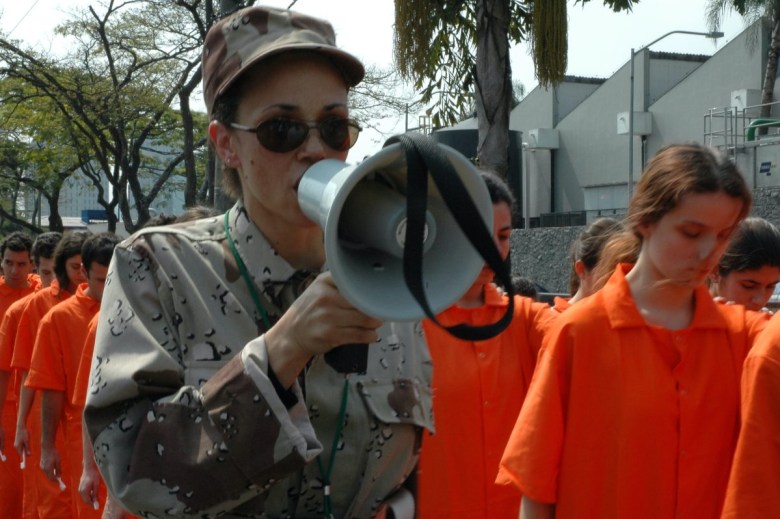
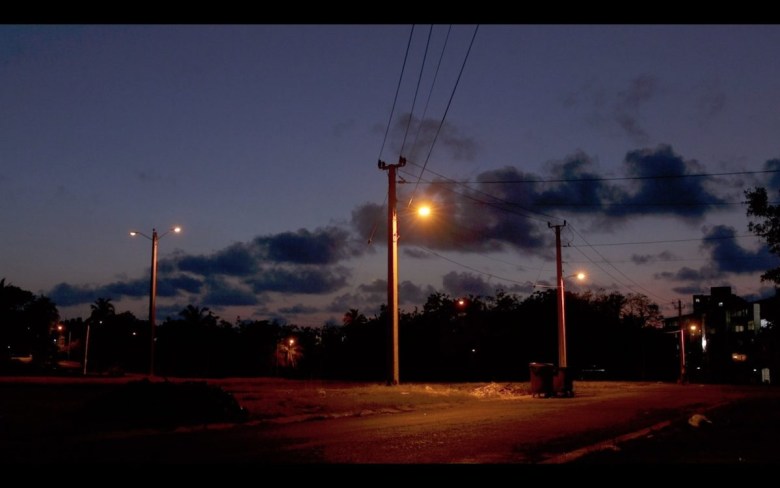
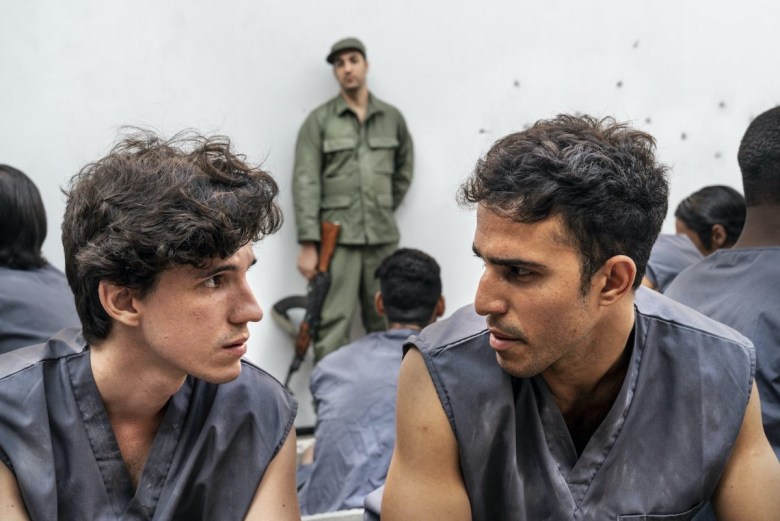
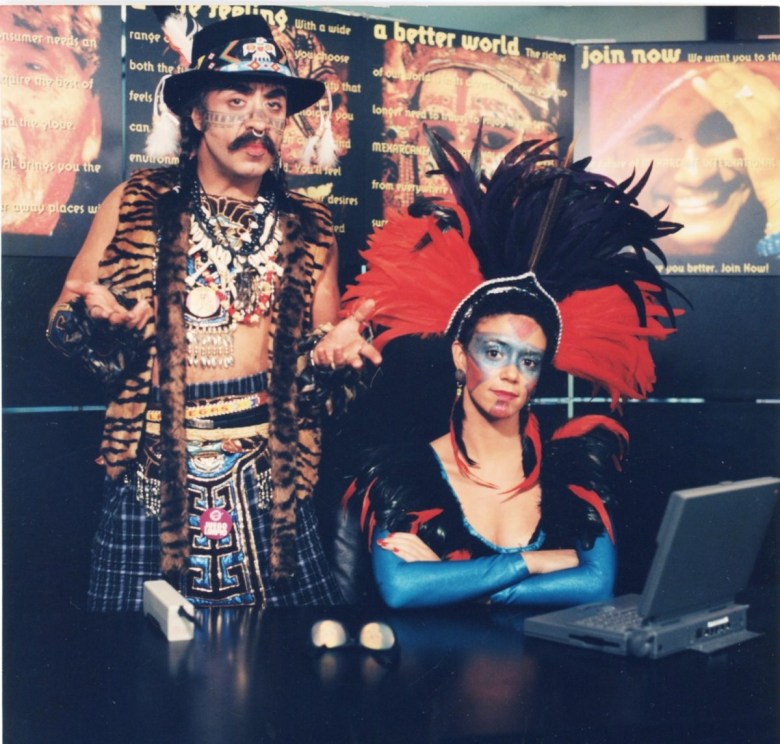
Coco Fusco: Tomorrow, I Will Become an Island continues at KW Institute for Contemporary Art (Auguststraße 69, Berlin, Germany) through January 7. The exhibition was curated by Anna Gritz and Léon Kruijswijk with assistant curator Linda Franken.

